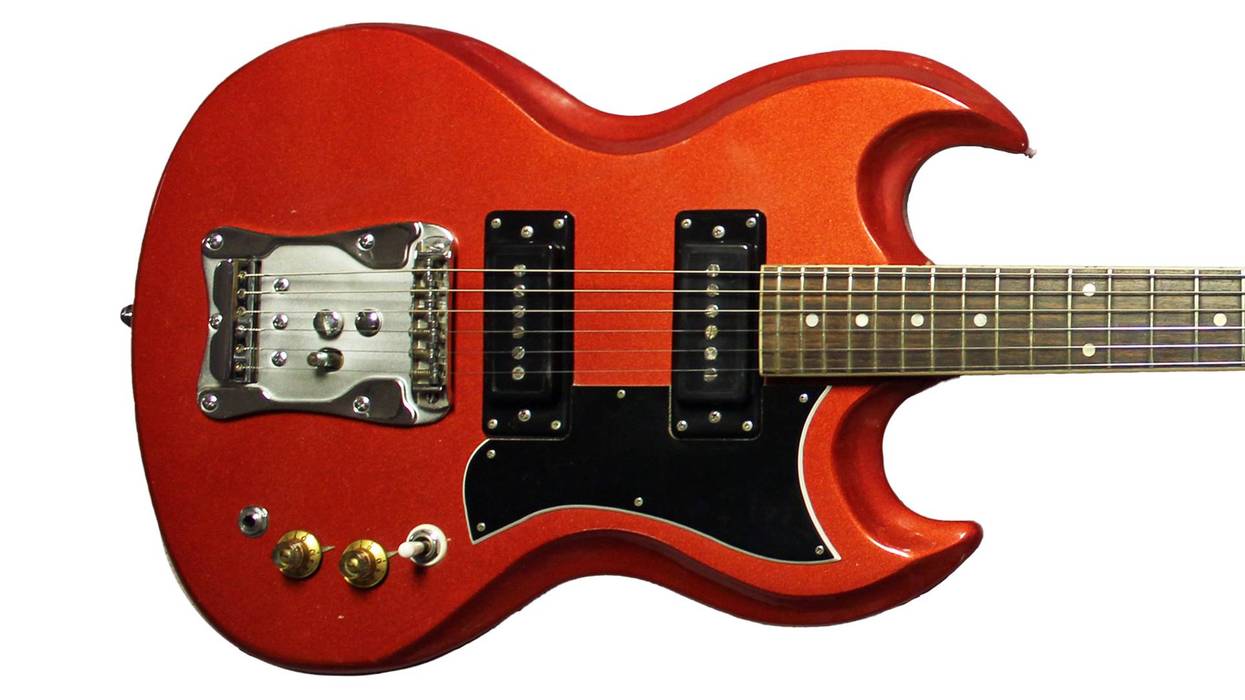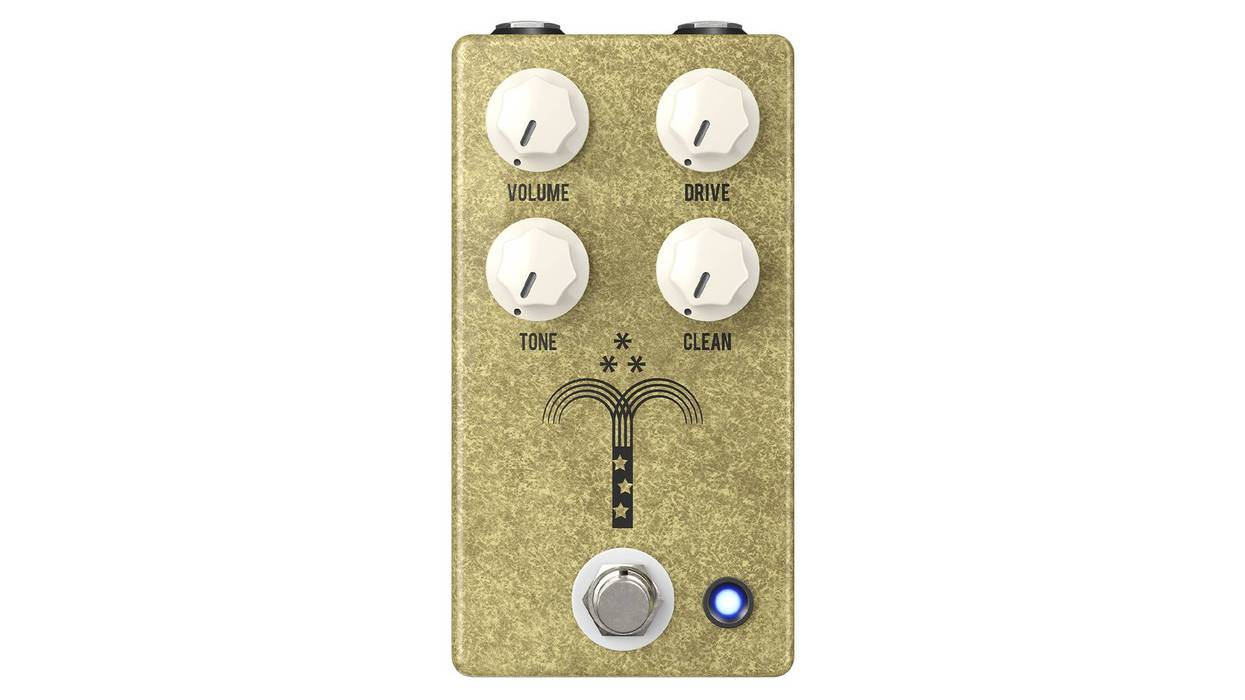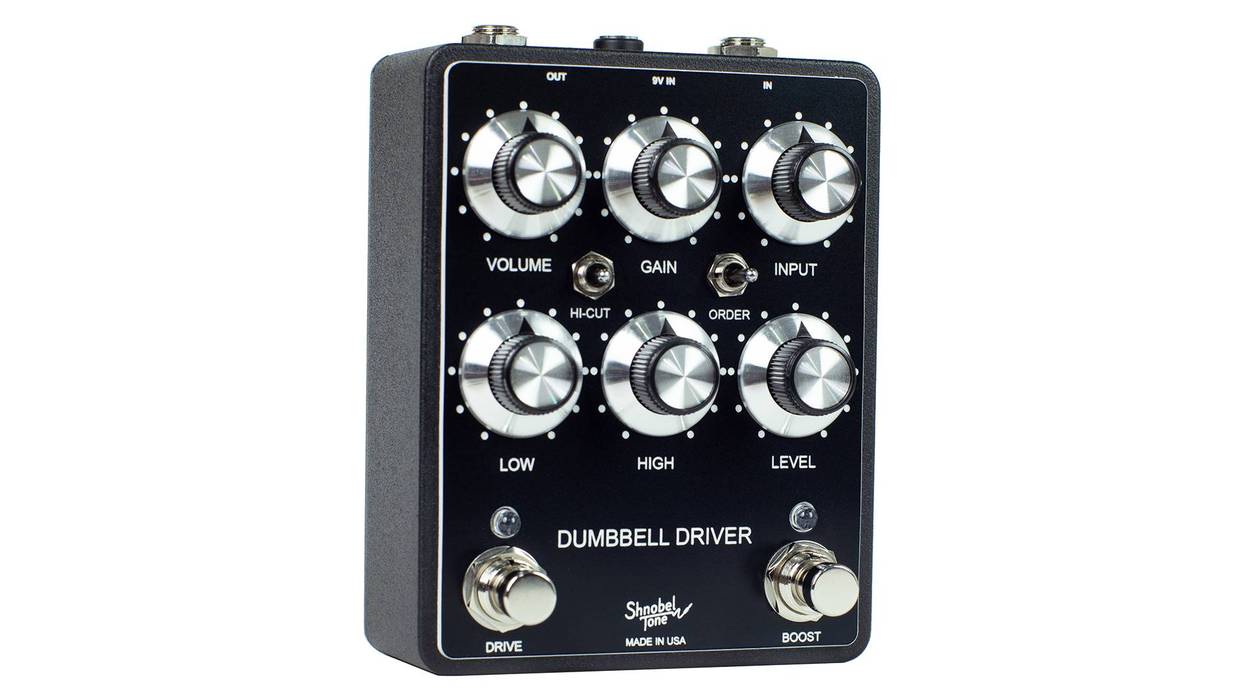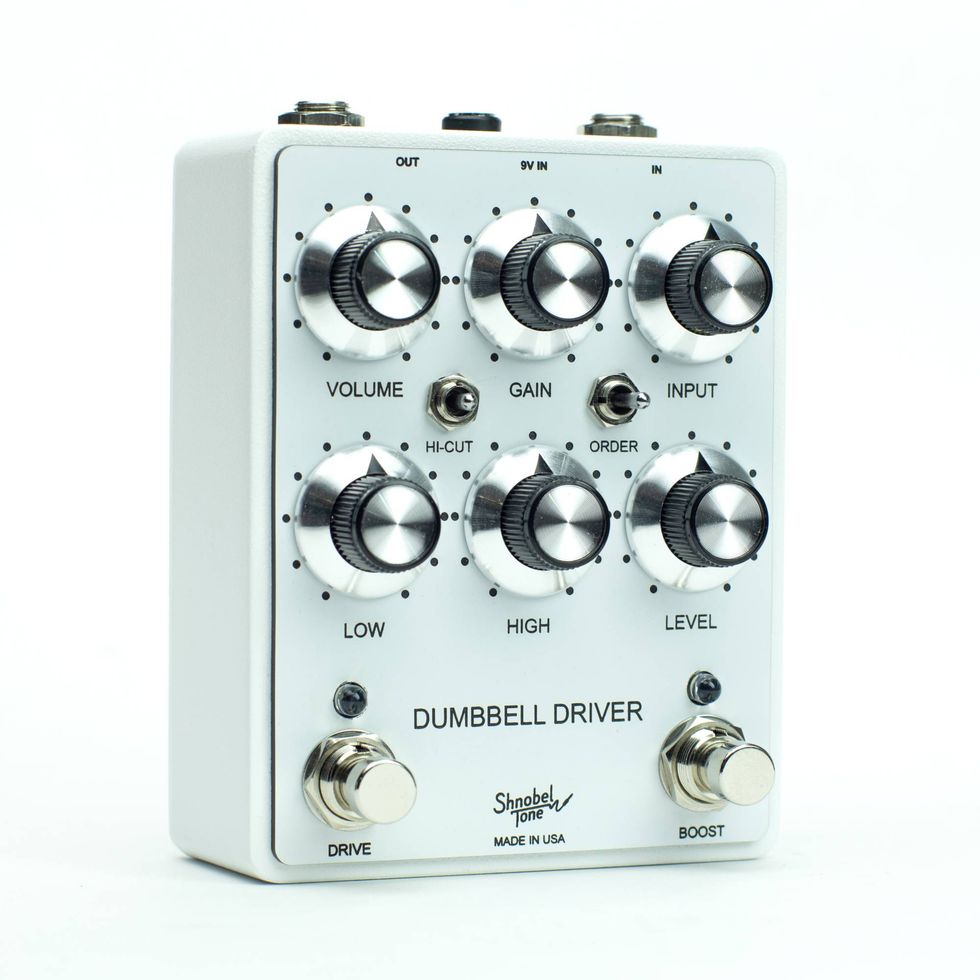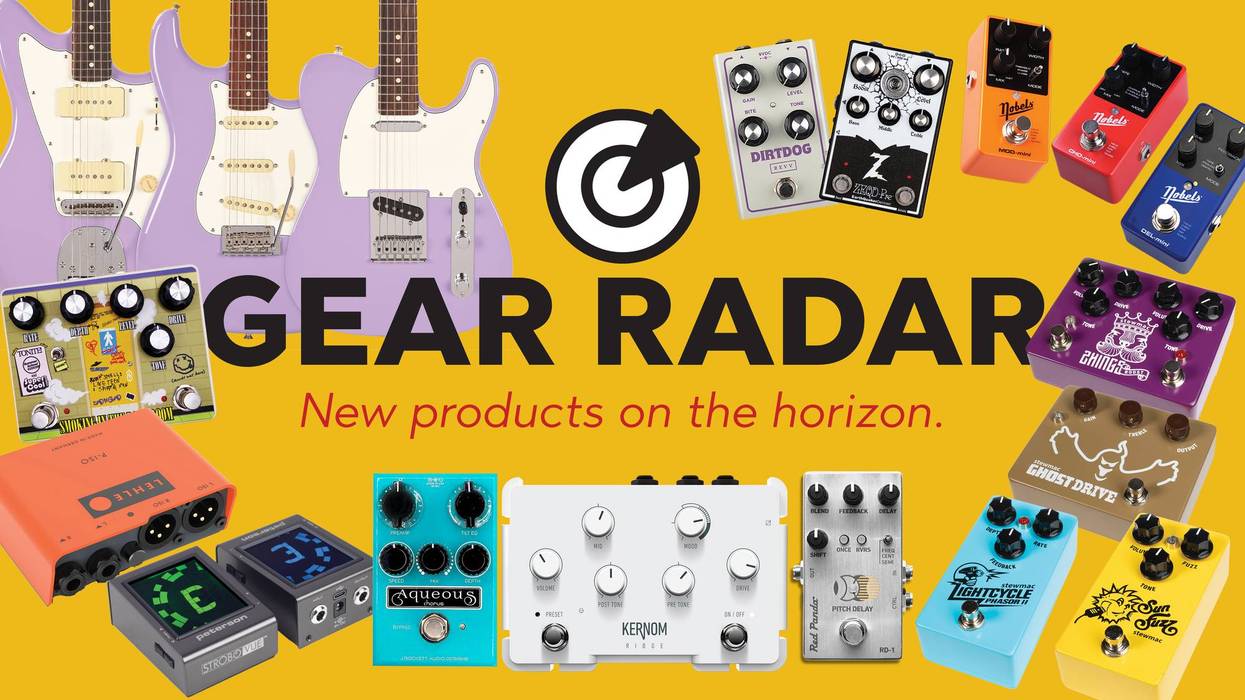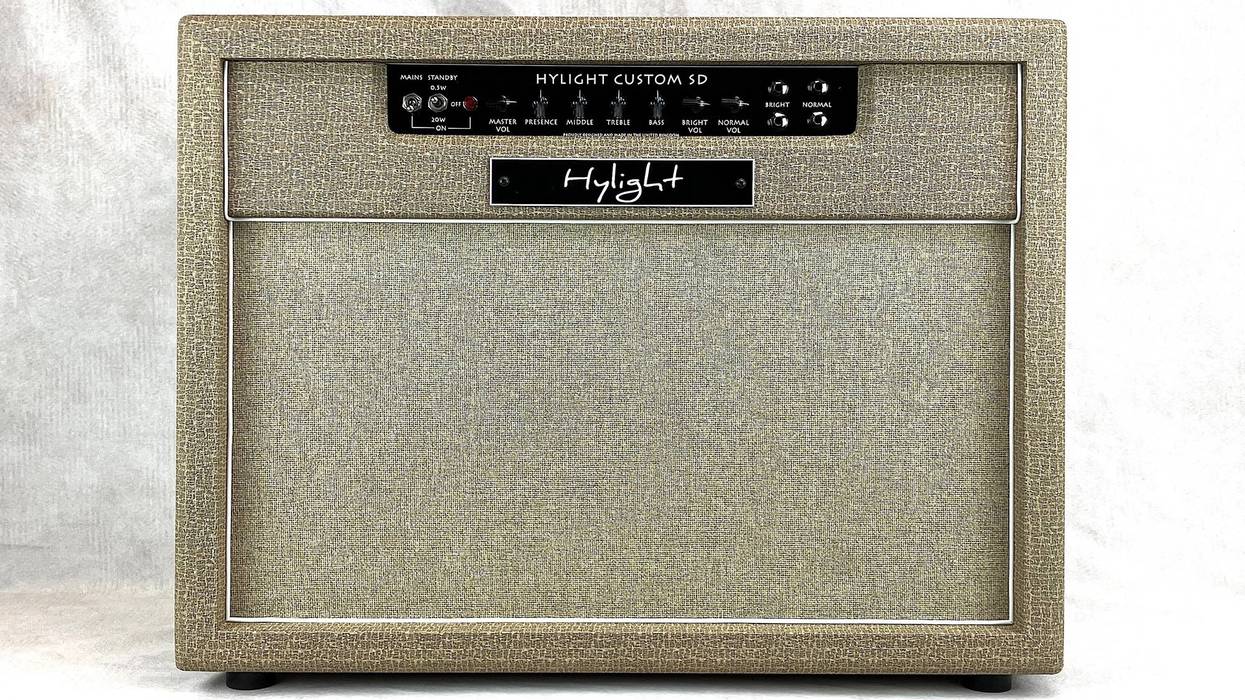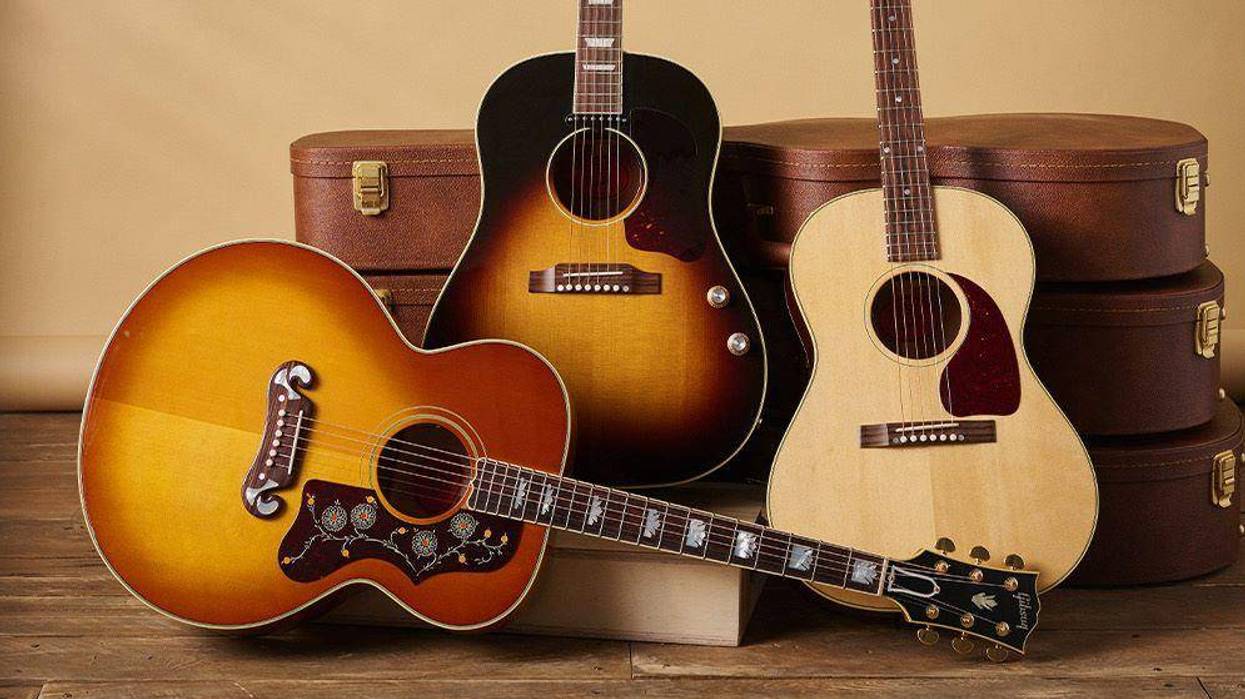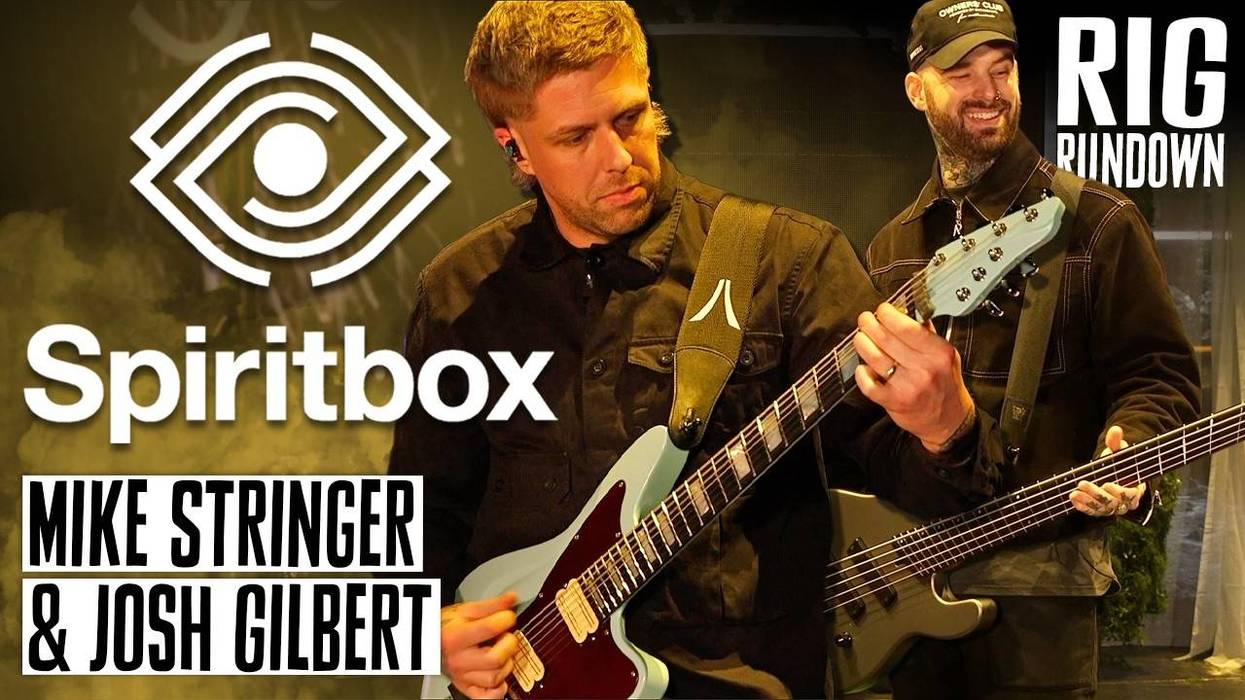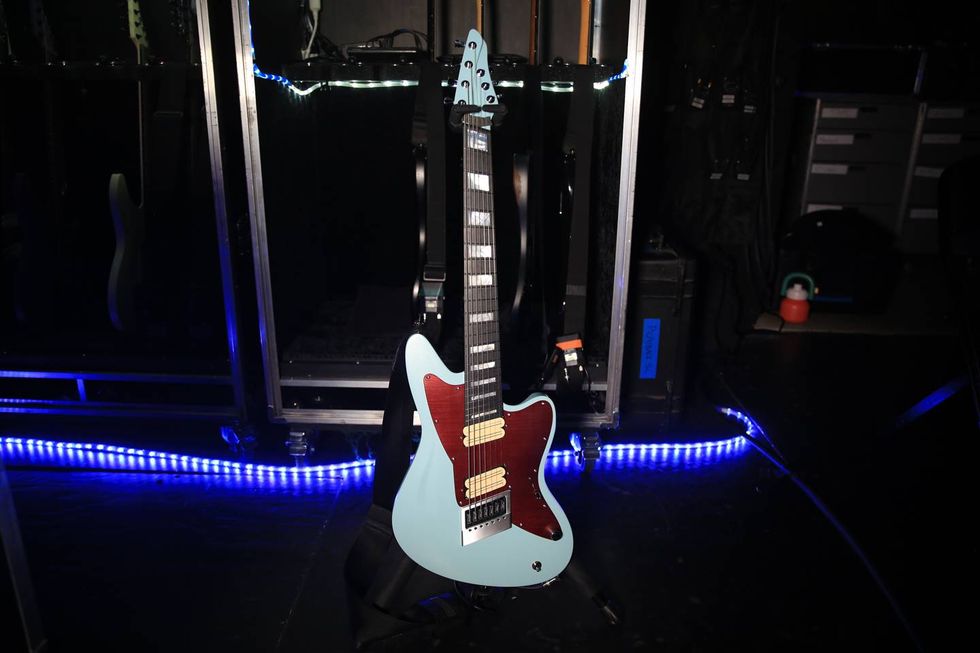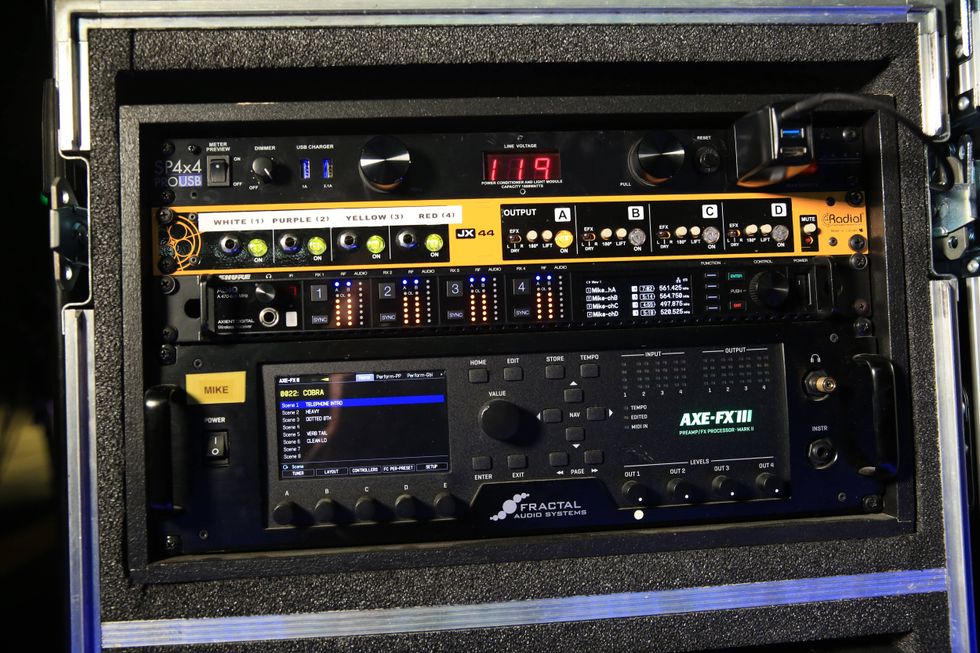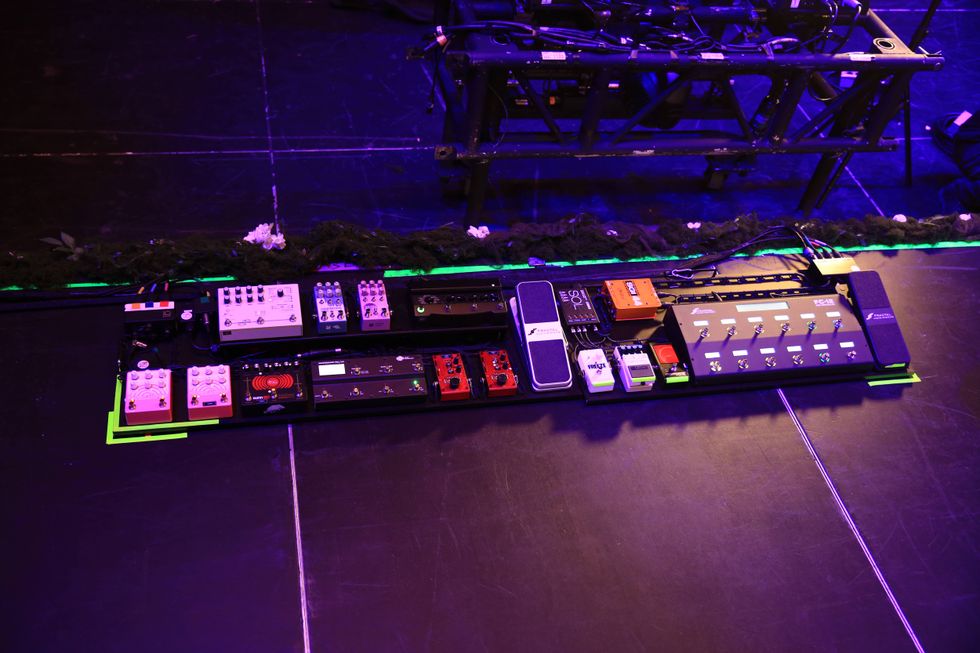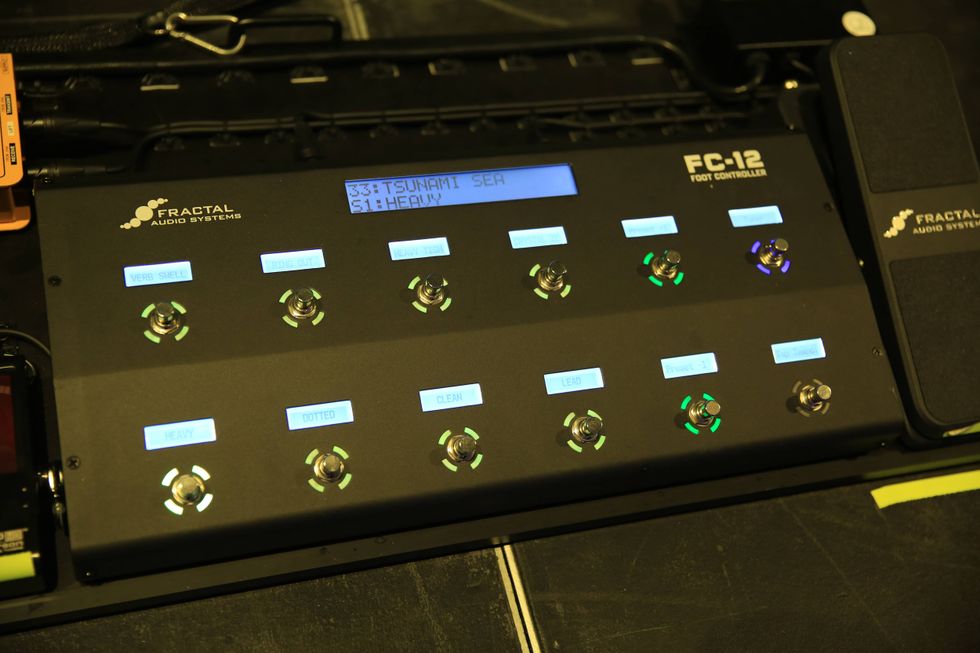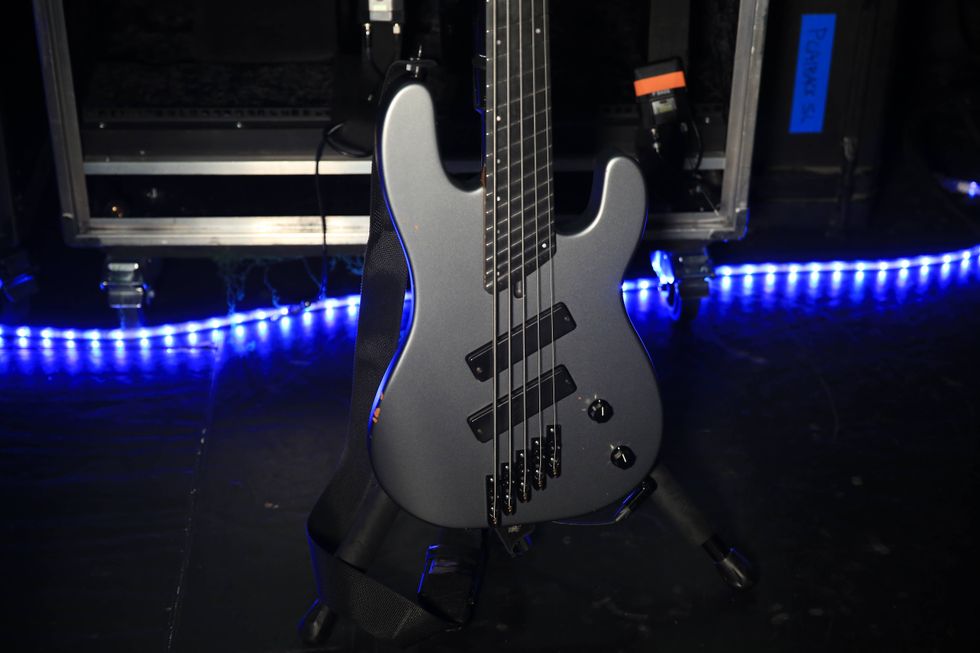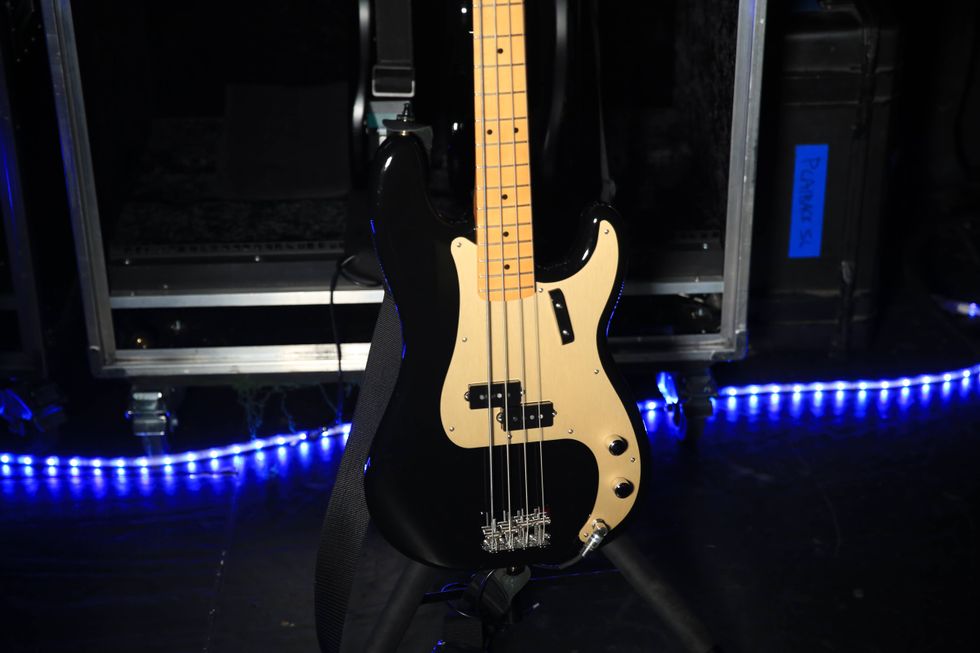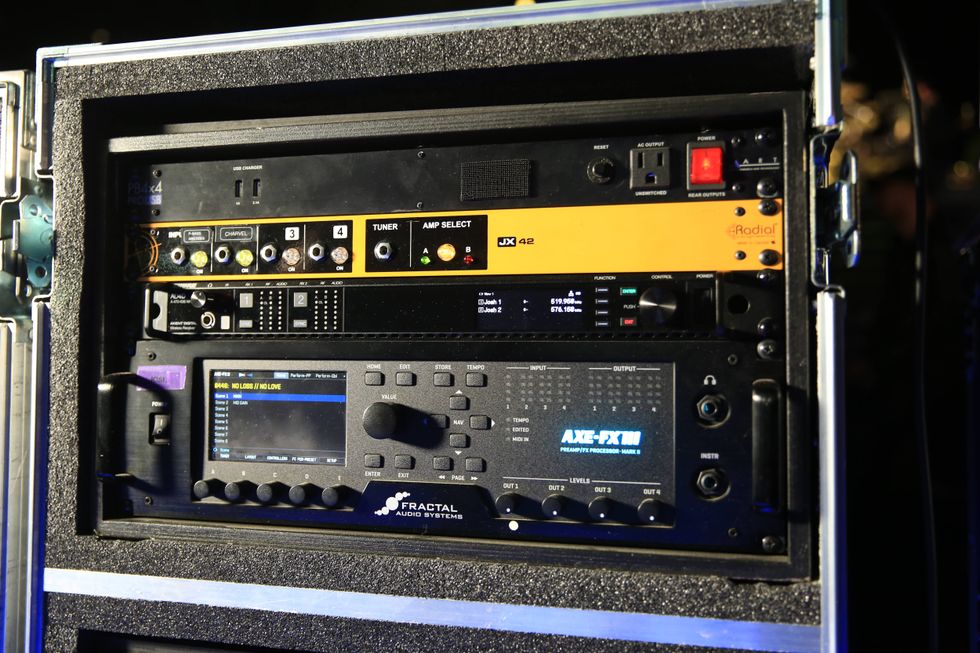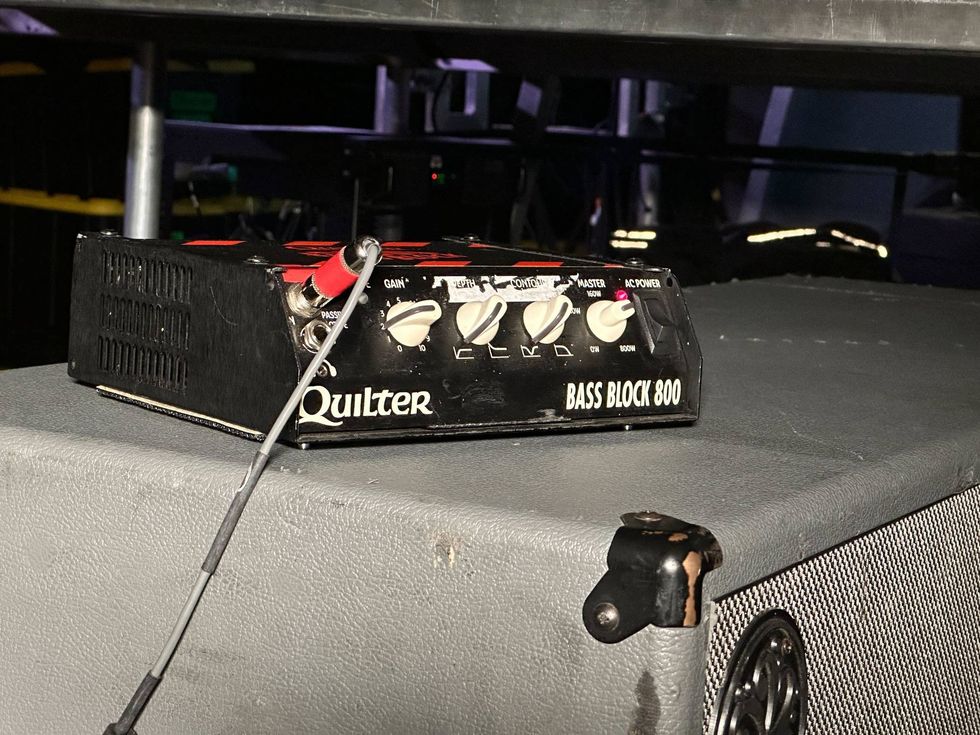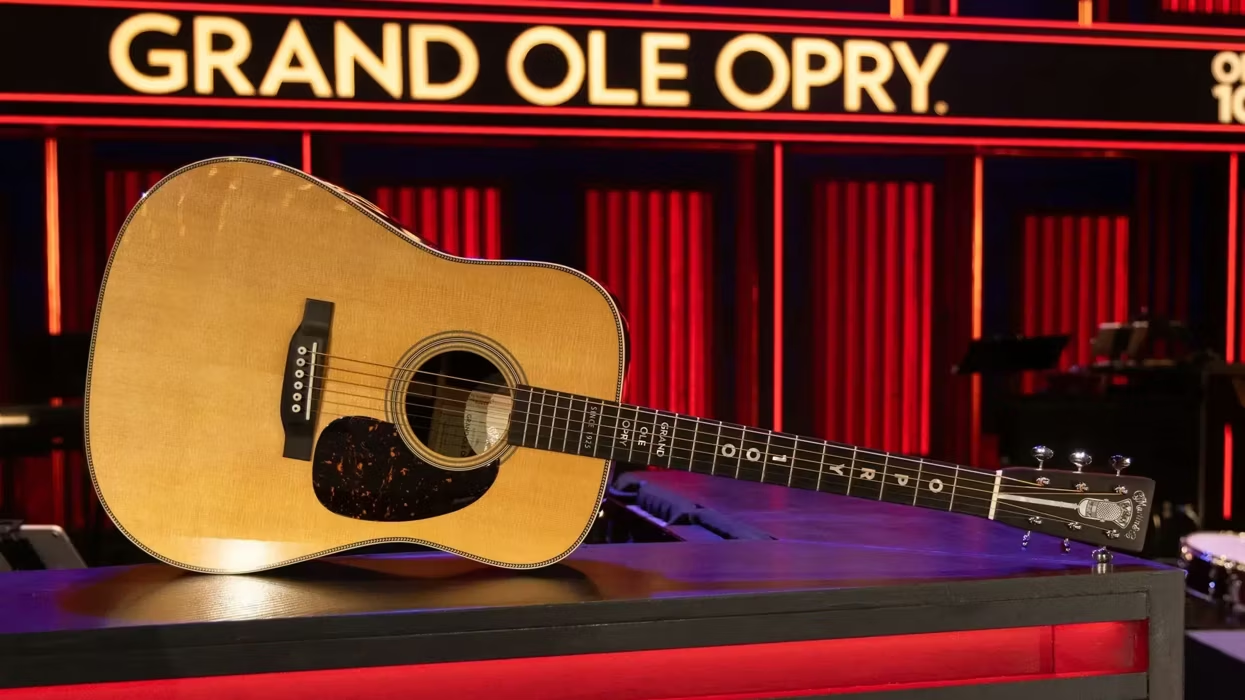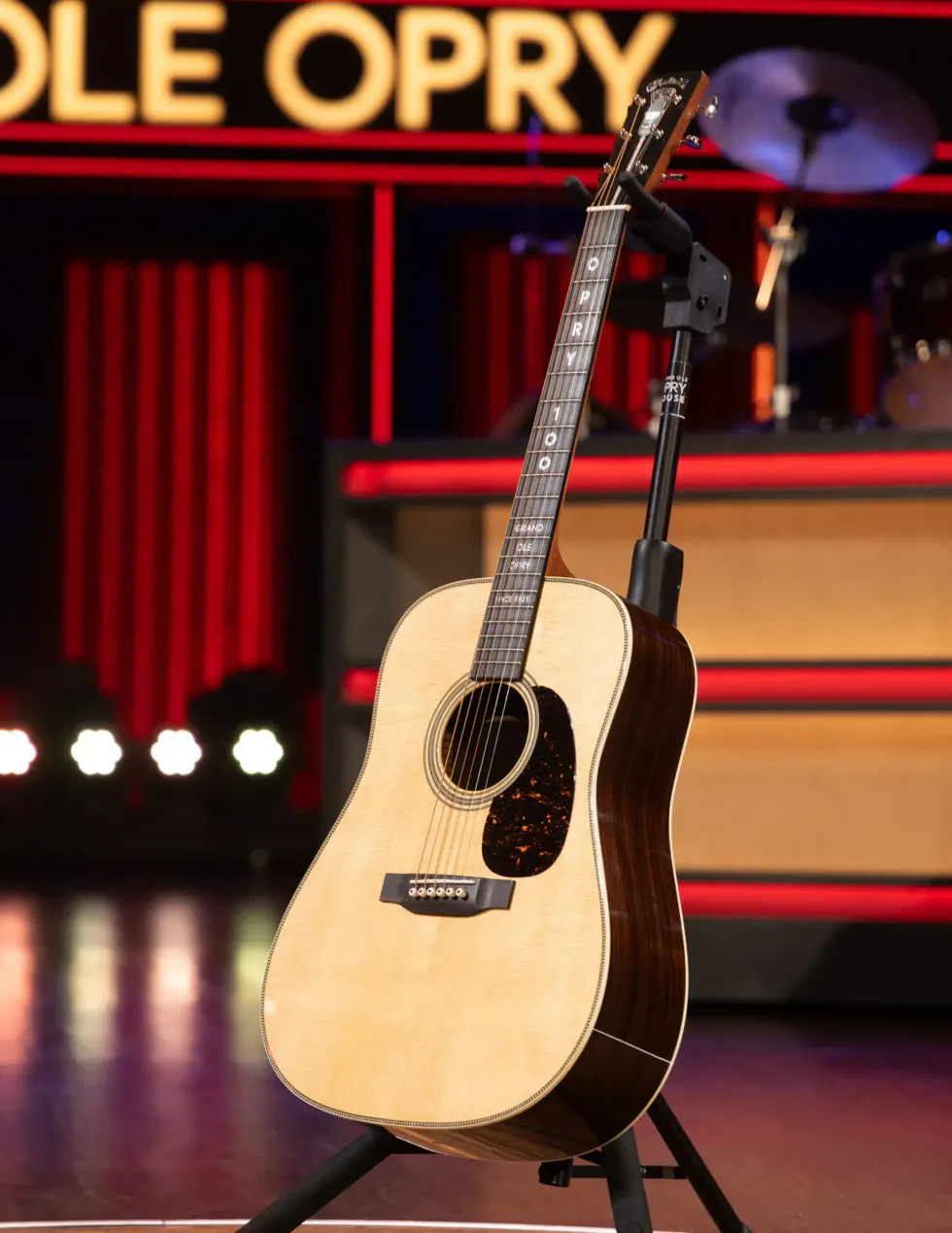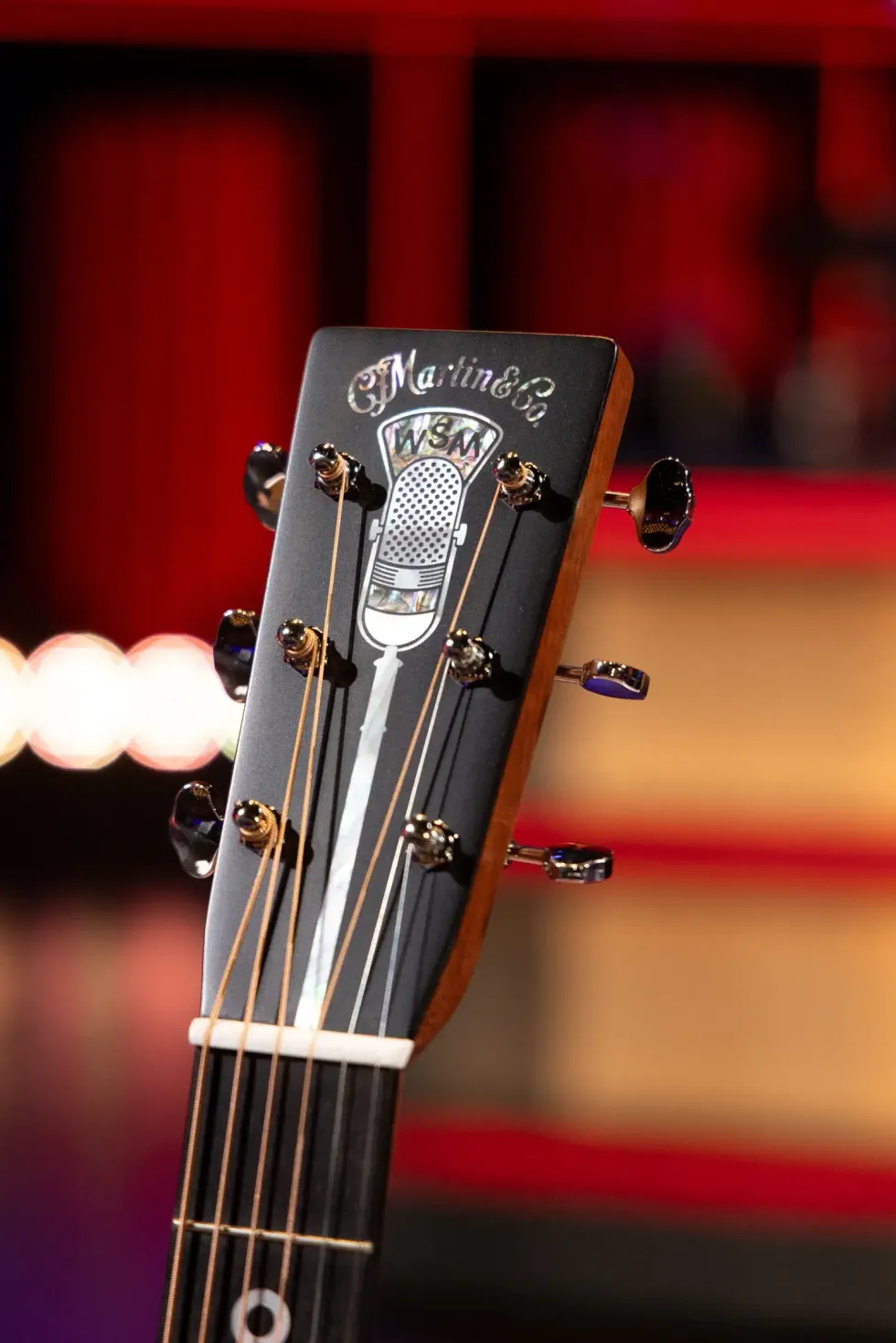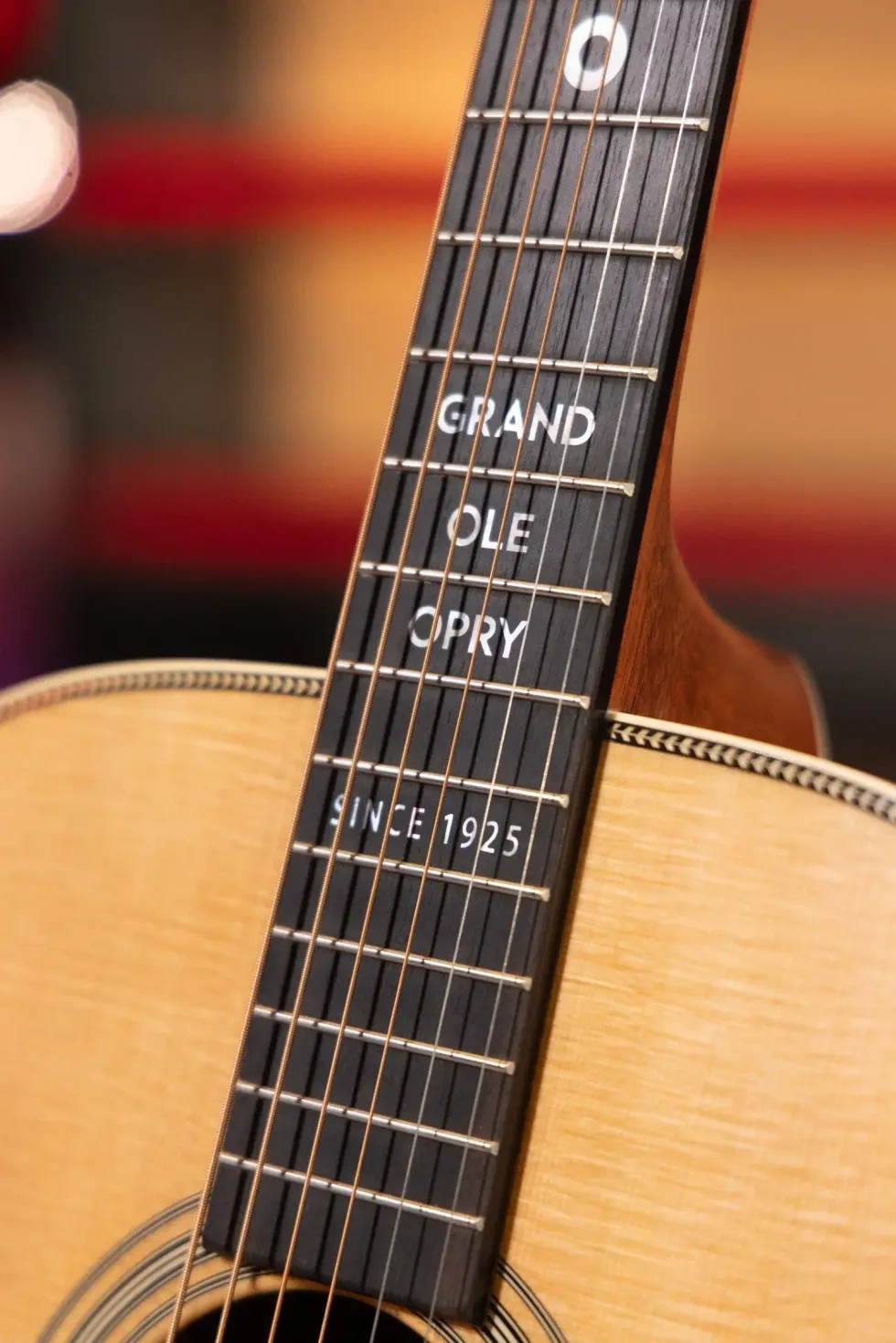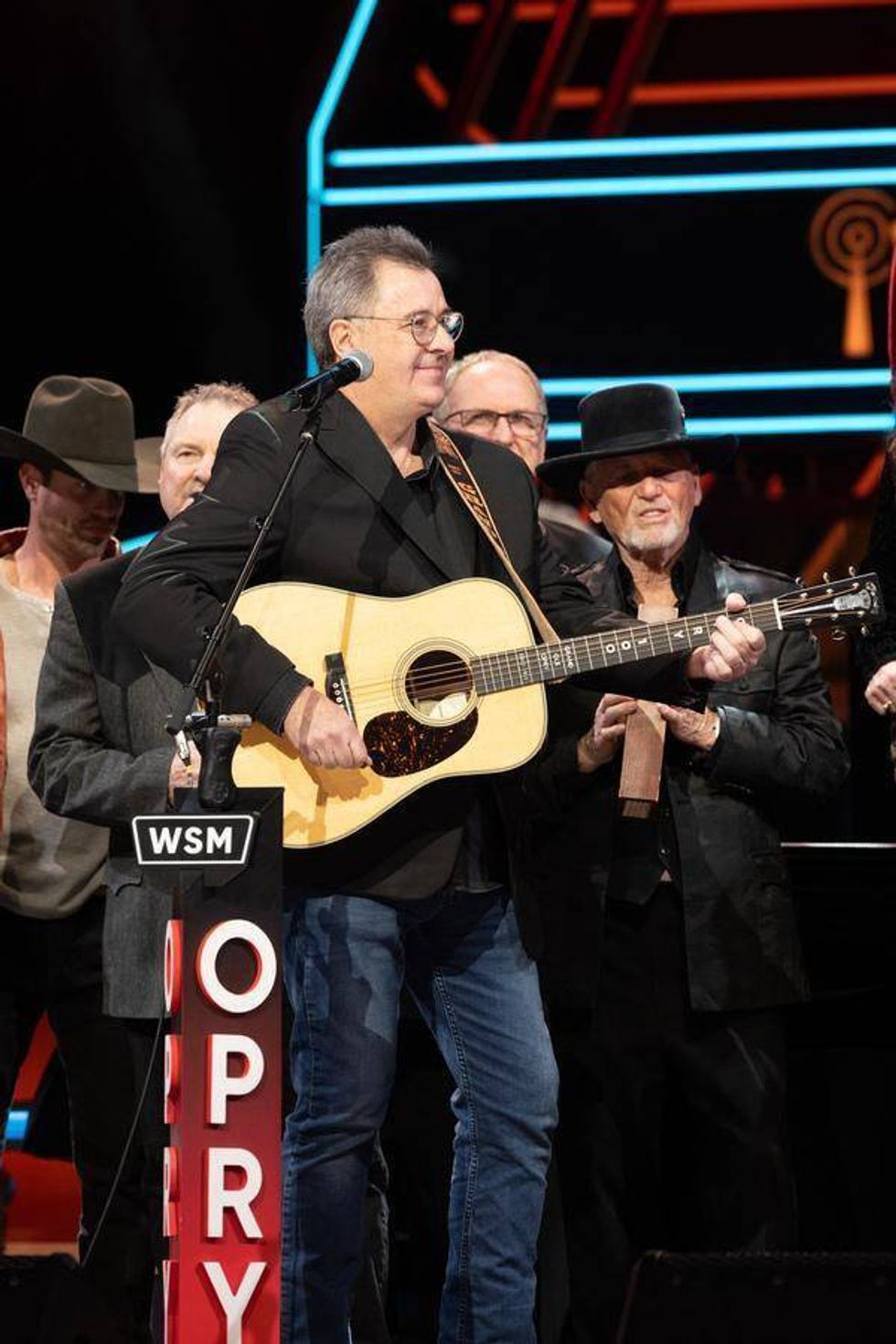We cop our favorite licks. We devour great recordings tracing the history of jazz guitar. We try to articulate and understand the question: How do you improvise? Here are some thoughts on improvising that we students of jazz guitar (it’s a lifelong pursuit, you know) might do well to consider along the way.
Practice. Above all else, this is what makes the rest of the list possible. There is no replacement for learning scales, listening to the relationship they have with chords, and committing all of that to muscle memory. Get your chops in order.
Relax. In order to be in the moment and fully experience the musical conversation that is taking place, it’s important to be comfortable and worry-free.
Listen. Ear training is essential to playing, just as listening is essential to speaking. Fine tune it by singing solfège and memorizing intervals. Recognize what you hear and be able to use it in your own way.
Study. When you really know your topic, you can speak freely on it. Learn theory and harmony. Transcribe solos you like and understand them.
Consider language. Appreciate the improvising skills you have and use every day in conversation with others.
Limit. Just for practice, try making random measures off-limits as you solo. It’s hard to lay-out during your favorite part of the progression, but it’s a great exercise in restraint and phrasing awareness.
Be aware of melody. Be an instant composer. Create a melody that has a shape; that is singable. Make melody your top priority in your playing, as opposed to just finding chord tones.
Communicate. Be honest. It will be different every day. Express yourself.
Read. Great storytellers are masterful at developing an idea.
Wait your turn. Comp unto others as you would have them comp unto you. When it is your turn, let the other players interject something between phrases. Then respond.
Admire public speakers. Especially when they are speaking without notes. Which ones have fun banter going on with people? Notice their sense of dynamics, the rise and fall of their voice, the authority and confidence with which they speak, the humor, the gentleness or strength. They energize or soothe, inspire or comfort. We know when they’re sincere and when they are not. Play like that.
Love your tone. It’s very distracting to play when we think it doesn’t sound good. Practice getting your sound in every environment.
Play with dynamics. It is said that if you want to get someone’s attention, whisper. Think about someone who whines on loudly at you for way too long. Now think about someone who has a range of loud and soft, appropriately matching the mood. Leave some headroom for when you get excited. Keep it on the quiet side, then let it build. The band will follow you, so will your listeners.
Enjoy comedy. Comedians will say something funny. Later, they’ll allude to it and it’s even funnier. We get the joke because we were in on it the first time. Come back to reference something in your solo that will give you and your listeners a spark of recognition and even a chuckle.
Tell a story. Give it a beginning, a middle, and an ending.
Be polite. Performing is not the time to practice. If the band leader takes a nice concise, one-chorus solo, better bring yours in for a landing after one chorus, too, even though you’d love another shot at it.
Forget manners. Performing is no time to hold back. Get loud and sweaty. Get an idea going that transcends chord changes and run fast and long. Take it to the stratosphere where there are no rules.
Go with it. When the unexpected note happens, make it good. Take a left and see what’s down that road. Find some new ideas along the way.
Tell it! Tell it! Tell it! Repetition is effective and exciting when you find something to hang onto. The Giants win the pennant! The Giants win the pennant! The Giants win the pennant! Stick to the topic. Soloing over changes is very much like answering questions after a prepared speech. It’s best to know the topic thoroughly. Learn the melody. Learn the chord changes. Be able to say a lot about those things in your own way.
Quote and reference. If you hear a quote coming that fits the chords, by all means throw it in. No need to force a joke out of it, but if something clever happens four bars later, go ahead and zing away. Play the quote again over the “wrong” changes, for example, and it will be hilarious.
Pretend you’re at the gig. When practicing, imagine being on stage, the room, the crowd, the band, all in great detail. Solo like you really mean it and it really matters. Pretend you’re home. When you’re at the gig, imagine the comforts of home and just play. Be where you are. Notice what’s going on in the room and have fun playing with that. Embrace the unpredictable, spontaneous nature of improvisation in every way, not just musically.
Speak up. Act “as if.” Who cares what you play while you practice? Just try things out. Pretend you’re as great as your soloing heroes. Jump in and try it on, see what it feels like. In the process, you will be playing freely and ecstatically and that is a great big part of the fun. Then, see #1.
Jane Miller
Jane Miller is a guitarist, composer, and arranger with roots in both jazz and folk. In addition to leading her own jazz instrumental quartet, she is in a working chamber jazz trio with saxophonist Cercie Miller and bassist David Clark. The Jane Miller Group has released three CDs on Jane’s label, Pink Bubble Records. Jane joined the Guitar Department faculty at Berklee College of Music in 1994. janemillergroup.com


